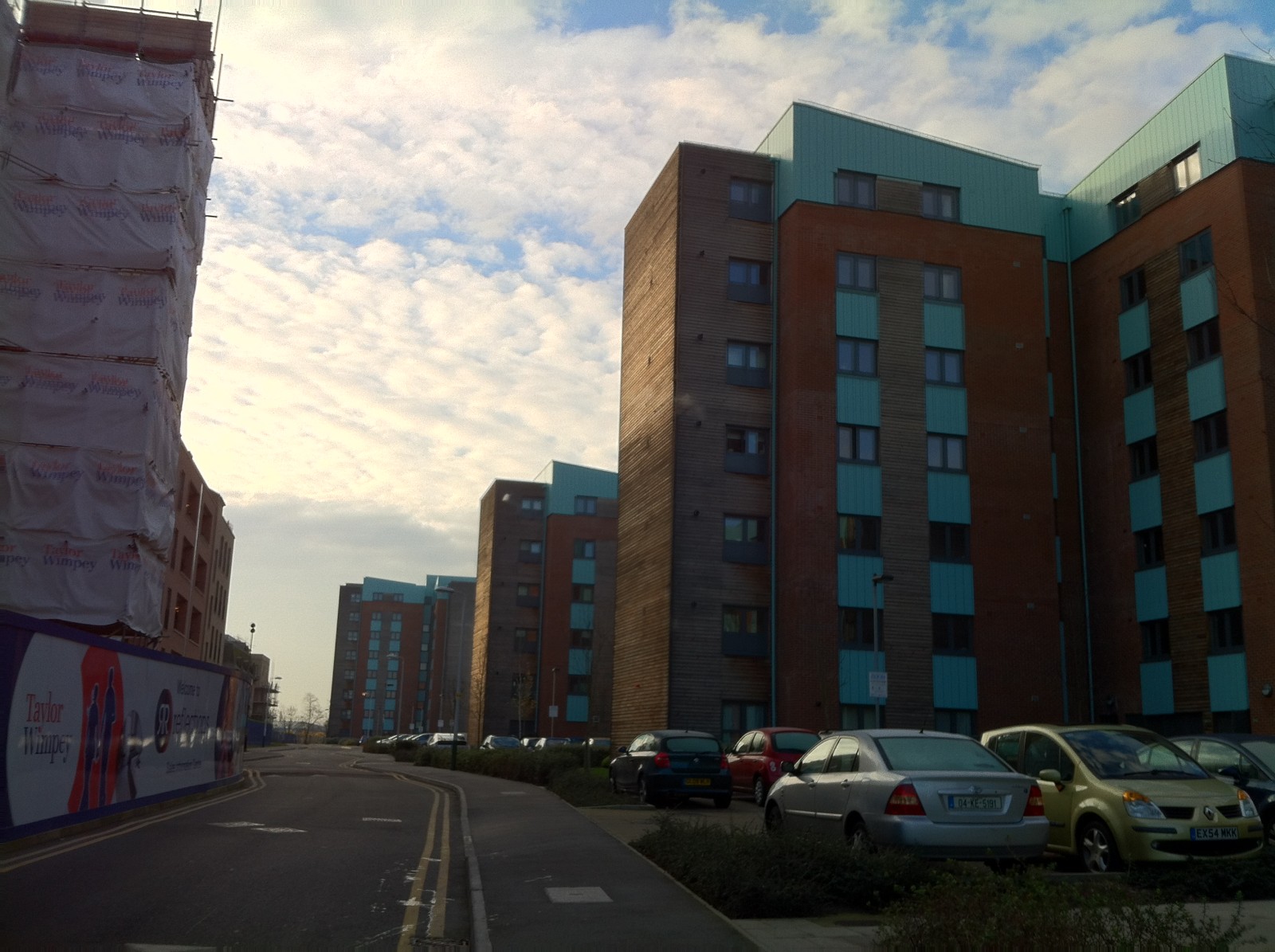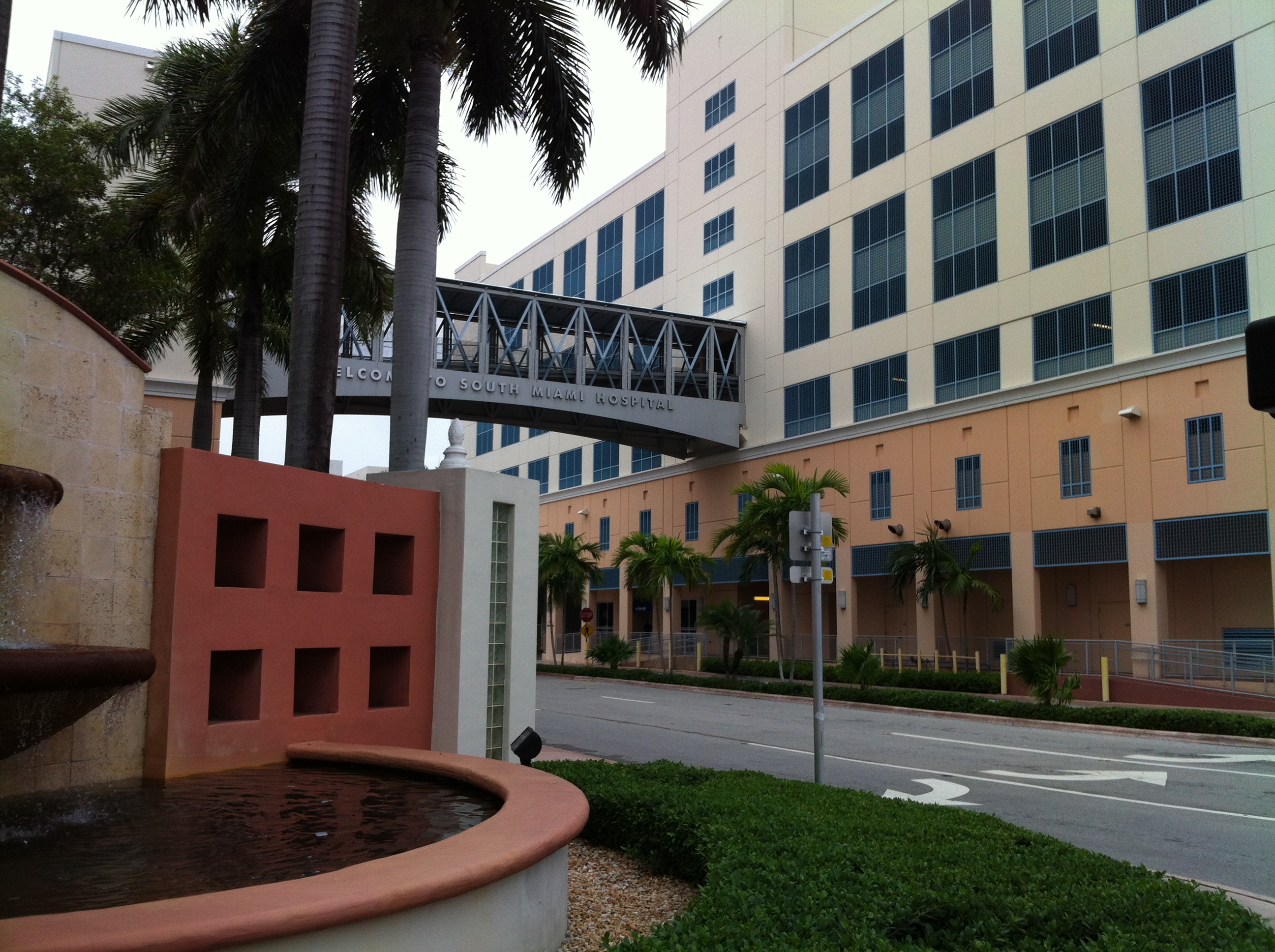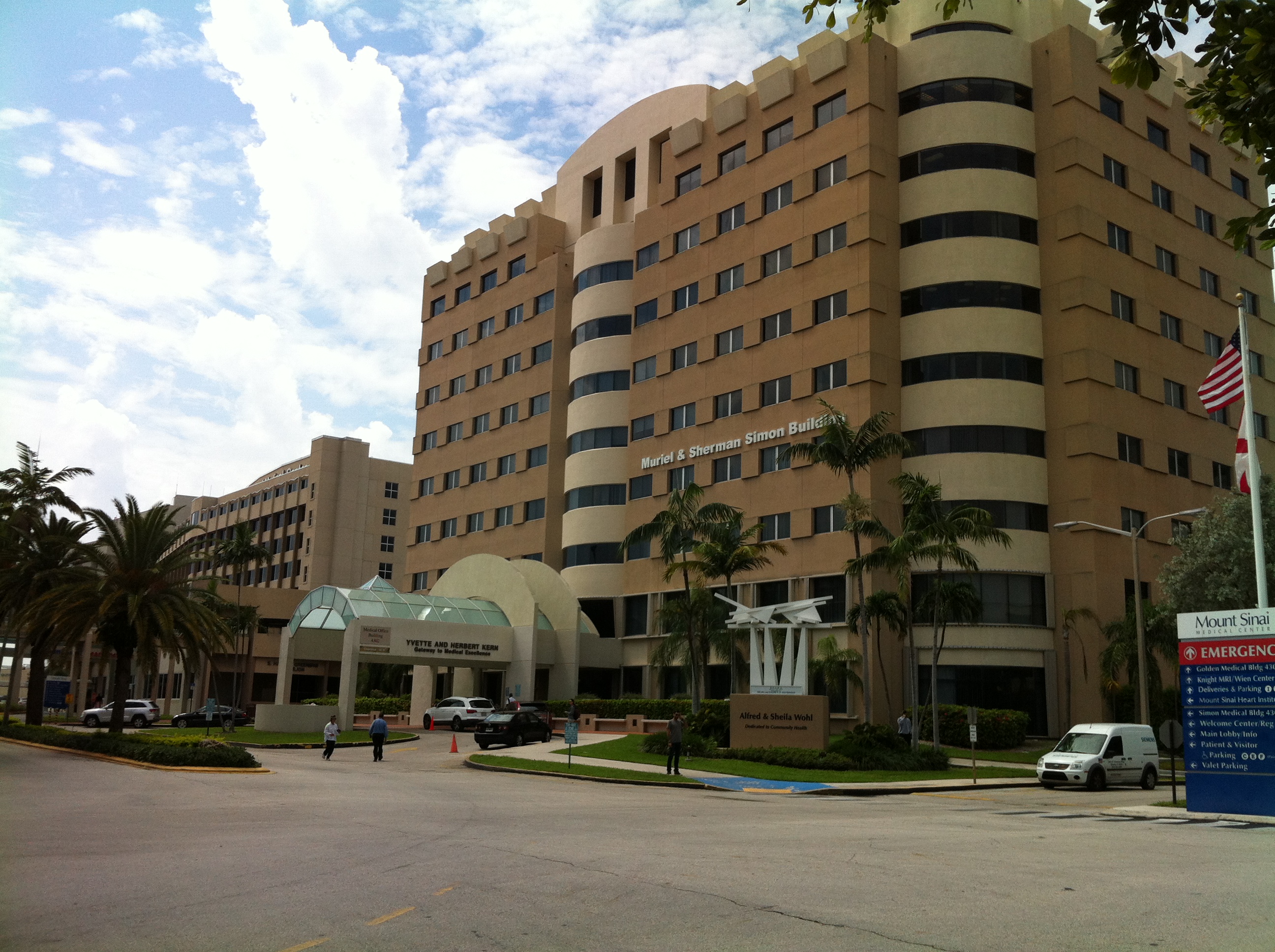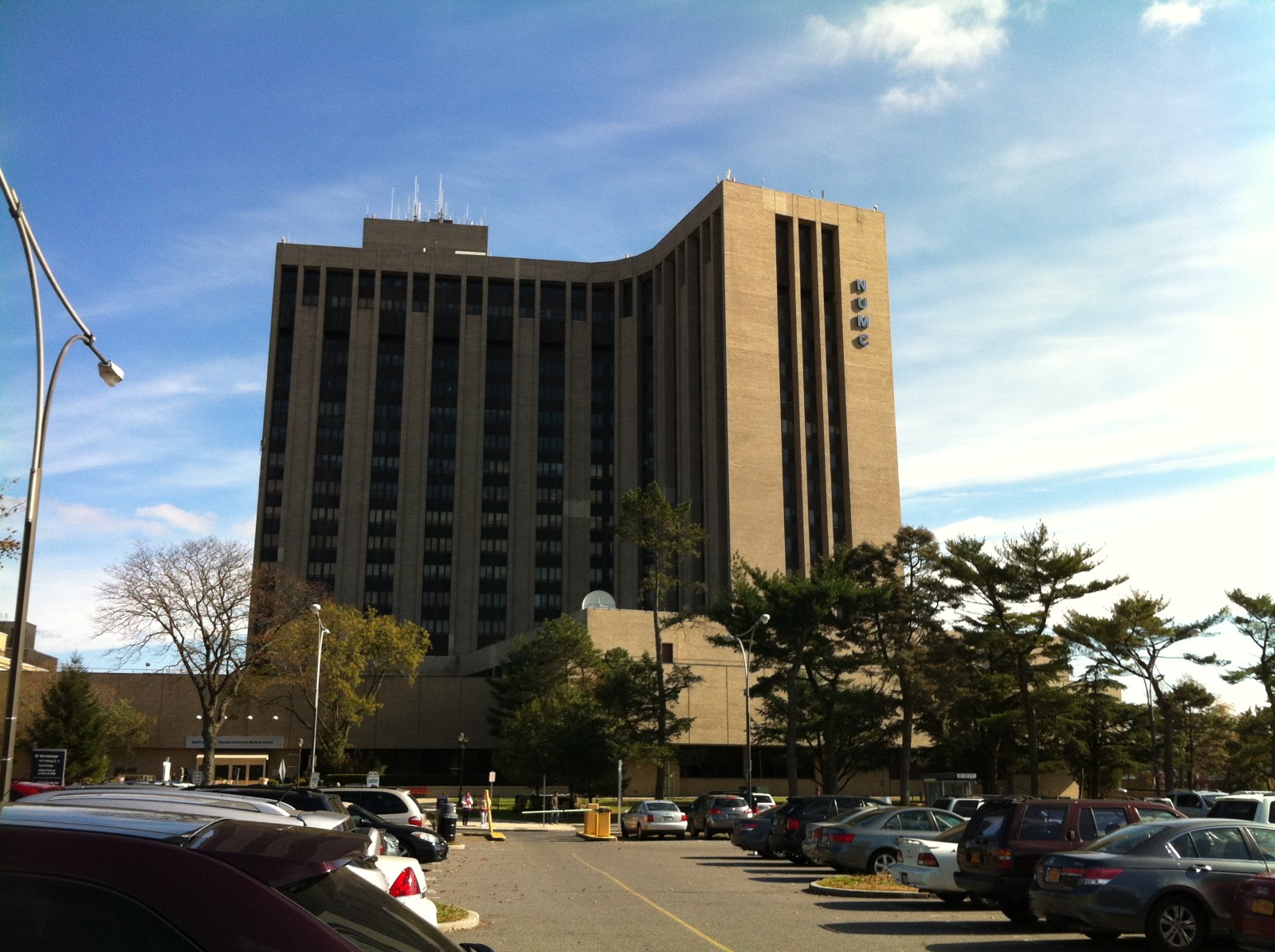Surgery Rotation at Romford
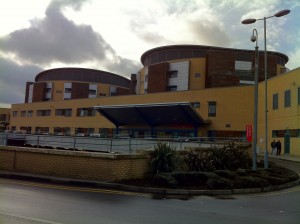
With the opportunity to see a wide range of surgical procedures, experience living and working in a different culture, and travel on the weekends, coming to Romford for surgery rotation is a popular choice among AUC students.
The approach to education at Romford is somewhat different than from other clinical sites I’ve been in the United States. In Romford, you get TONS of flexibility and freedom. If you wanted to follow a certain consultant (attending) or see a certain procedure, you can do that easily, and consultants are more than happy to show you how to do procedures.
However, Romford isn’t for everyone. If you’re someone who needs lots of structure and organization in your education, you may get a little lost as to what to do and what you’re role is. But if you’re self motivated and don’t like red tape preventing you from getting the most out of your rotation, it’s a great place to go and you’ll learn tons.
Note: In the UK, attendings are called consultants, fellows are called registrars, residents are called house officers, and the operating room is called the surgical theatre. Consultants and registrars are addressed as “Mr/Ms/Mrs” (a title which paradoxically they had to “earn” back after being “Dr.”). House officers and senior house officers are addressed as “Dr.” I will use the British terms in this post.
Rotation Schedule
When you arrive at the hospital on orientation on the first day, you are typically assigned to one consultant to follow who will evaluate you. Because there are tons of freedom and flexibility at Romford, however, students can customize their rotation however they like. While some students may choose to stick with their original consultant and schedule throughout all three months, others who want to explore other subspecialties in surgery may branch off and follow other consultants as well, getting a diverse, rich rotation experience. Your rotation is what you make it, and Romford has the educational culture to do that.
When I first started my rotation, I was assigned to my consultant, a vascular surgeon, and was given this weekly schedule:
Mon: Ward work/rounds in morning, AUC student meeting, Surgery lecture, Ward work in afternoon.
Tues: Bedside teaching in morning, Outpatient clinic in afternoon
Wed: Theater all day (they call the operation room “theater” in the UK)
Thurs: Ward work all day
Fri: Outpatient clinic in morning, ward work in afternoon.
I followed this schedule for the first few weeks. However, because I felt I had a lot of ward experience already from my previous rotations in the US, I decided to do more days in the surgical theater (rather than just on Wednesdays), as well as see other subspecialties in addition to vascular surgery. I told my consultant my plans and asked for his permission to see other specialties, and he agreed, and said that students are expected to do that. For the next few weeks, I rotated with surgeons in GI, ENT, and Ortho/Trauma, as well as anesthesiologists and gastroenterologists. Because I hadn’t seen colonoscopy, endoscopy, or ERCPs during my internal medicine rotation, I also decided to make up for this “missing experience” and spent some time in the endoscopy clinic at Romford. The consultant there was more than happy to let me know his schedule so I could see the procedures I wanted to see. I also spent some time in the Emergency department so I could get some urgent patient care experience. Some of my other surgery classmates at Romford decided to get some experience in other fields like urology or pathology (autopsies) according to their interests, and this was easily arranged at Romford because the consultants love teaching.
What are the working hours?
Unlike surgery rotations in the US where students often have to be at the hospital by 5am in the morning, students at Romford generally follow a 9am-5pm schedule. However, depending on what you want to do, these hours may vary. There were times when I finished early, and other times when I would be stuck in the surgical theater, assisting on a complicated surgery, and coming home as late as 9pm. There were times when I decided to come on a Saturday because of an interesting case that day or a patient I wanted to follow up on. Like the recurrent theme of this post, your rotation is what you make it here at Romford. If you take a day off, like if you wanted to extend your weekend travel to Europe, you’re officially supposed to make up for the time on another day.
Are there lectures, workshops, and meetings?
The AUC student meeting happens every other week with the AUC coordinator at Romford, and attendance is mandatory for all students rotating in Romford, in all rotations (not just surgery), and for students assigned to both Queen’s and King George Hospitals. The meetings take place at the education center in Queen’s Hospital. During these meetings, we give feedback on the rotation, debate on medical topics, and give presentations.
In addition to the AUC meeting, students rotating in surgery also go to surgery lectures every week on various surgery topics that are helpful for are shelf exams.
Then there are bedside teaching sessions that take place on the ward every week. During these sessions, we break into groups and are assigned a patient to interview and examine, then we come together as a group and discuss the cases. These happen at Queen’s Hospital and so students who are at King George’s Hospital do not need to come to these. They may or may not have equivalent sessions at King George’s Hospital.
In addition, there are different workshops (i.e. suturing workshop), special lectures, and journal clubs that take place every week in the education center at Queen’s hospital. Most of these workshops are designed for residents, but medical students are free to attend them as well, and they are optional.
Do we rotate with any other students?
Yes, along with AUC students, there are also medical students from UK medical schools as well that rotate at Queen’s Hospital. While most of the time we rotate 1-on-1 with our consultants or house officers (residents), sometimes we may also rotate with one other student from AUC or a UK medical school.
Do you get to do much?
Generally, yes, but like most places, it depends on the consultant. On the wards, you can get lots of practice with putting in IV cannulas, ABGs, foley catheters, etc. In the theater, I was often 1st or 2nd assist to the surgeon, and got to suture and intubate. If you express the interest, the consultants or registrars (fellows) will often let you do more.
Where do you rotate?
Students are usually assigned to either King George Hospital or Queen’s Hospital, but in reality, most students travel between the two during their time in Romford, depending on how you want to spend your rotation. The two hospitals are part of the same system, and so different specialties can be found at different hospitals. Lower GI, upper GI, vascular, trauma/orthopedics, ENT, and neuro surgeries are all done at Queen’s Hospital. Breast and urology surgeries are performed at King George Hospital. Many consultants at Queen’s Hospital may also do certain days at King’s Hospital and vice versa, and so you may go to both when you follow these consultants. There is a free hospital shuttle bus that runs between the two hospitals every hour, and the trip takes 20 minutes each way. The rotation coordinator’s office is located in the education center at Queen’s Hospital.
What is the dress code?
White coats are not worn in the UK due to sanitation reasons. During the ward rounds and clinic, wear business professional, and always have your forearms exposed (roll up your sleeves). With the exception of wedding rings, nothing should be worn on the hands or forearms, including watches. In the theater, surgical scrubs are provided in the locker rooms, so there is no need to bring your own. You are also required to wear crocs, which the locker rooms also have, but you may not always find the right size, and they are often dirty (post-surgery dirty) with stains that cannot be washed off. If you are particular about what you wear on your feet, you could bring your own crocs.
What should I bring with me on my rotation?
Stethoscope for the wards and clinic. Notebook and pen are always helpful for taking notes.
Are there any textbooks that are helpful?
I personally used Surgical Recall, which gives you more information than you will every need, and it uses a question-and-answer format. Other students have used Case Files Surgery, Boards and Wards, and First Aid for Surgery Clerkship. There isn’t really one source that most everyone will agree on as being the “best” resource for surgery. Different people have different preferences. I’d recommend choosing one and sticking with it.
Who do we work with?
You are assigned to a team, consisting of an consultant (attending), registrar (fellow), senior house officer (senior resident), and house officer (resident). There may or may not be another medical student, either from AUC or British medical school. On the wards, you will work most with the house officer and senior house officer. In the theaters, you’ll work most with the consultant and the registrar. Like other rotations where you work with a team, follow the pecking order.
How are we graded?
You are given an evaluation form to be filled out by your consultant. Many students rotate with their consultant the first 2-3 weeks of the rotation, then branch off to explore other sub-specialties, then return to their original consultant for the last 1-2 weeks of the rotation so the consultant can get familiar again to the student to write the evaluation. In addition, students must also take and pass the NBME Surgery Shelf Exam after the end of the rotation in order to pass the rotation.

